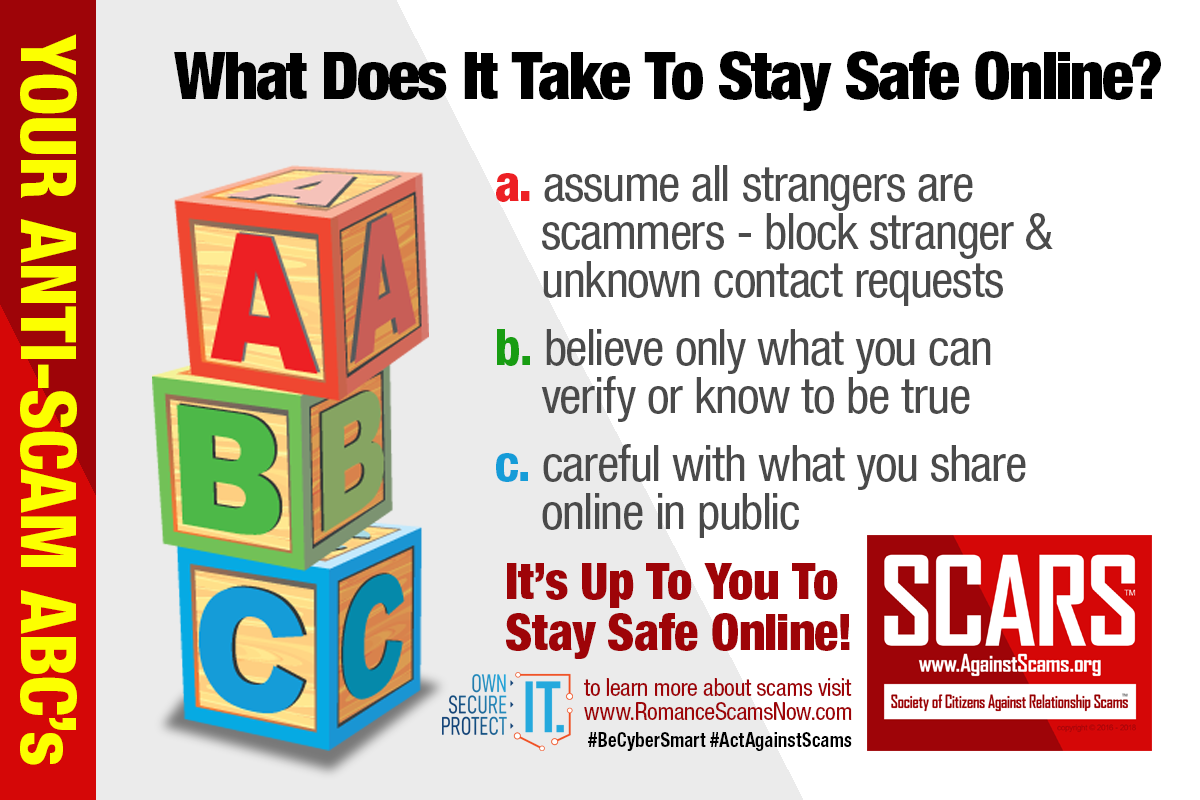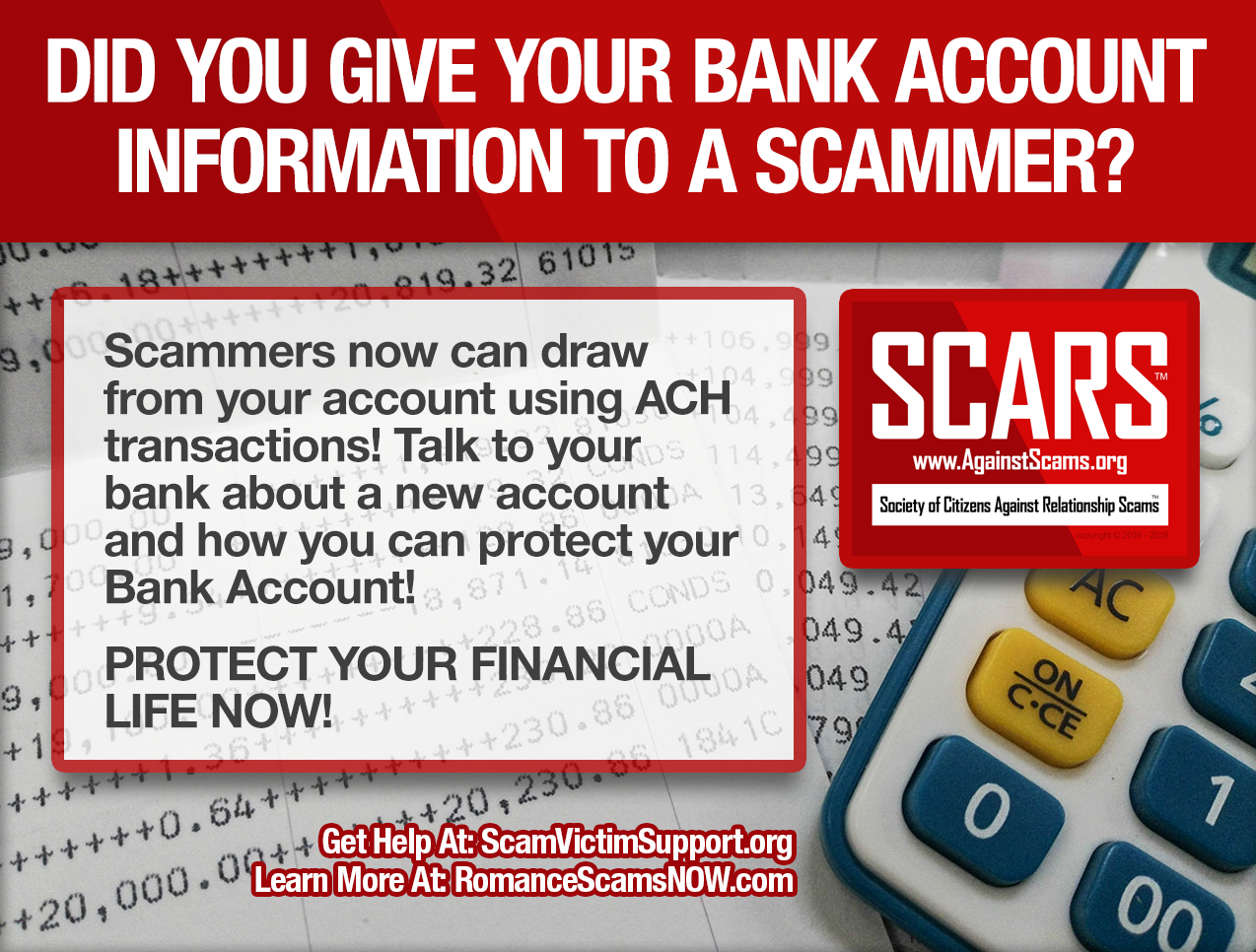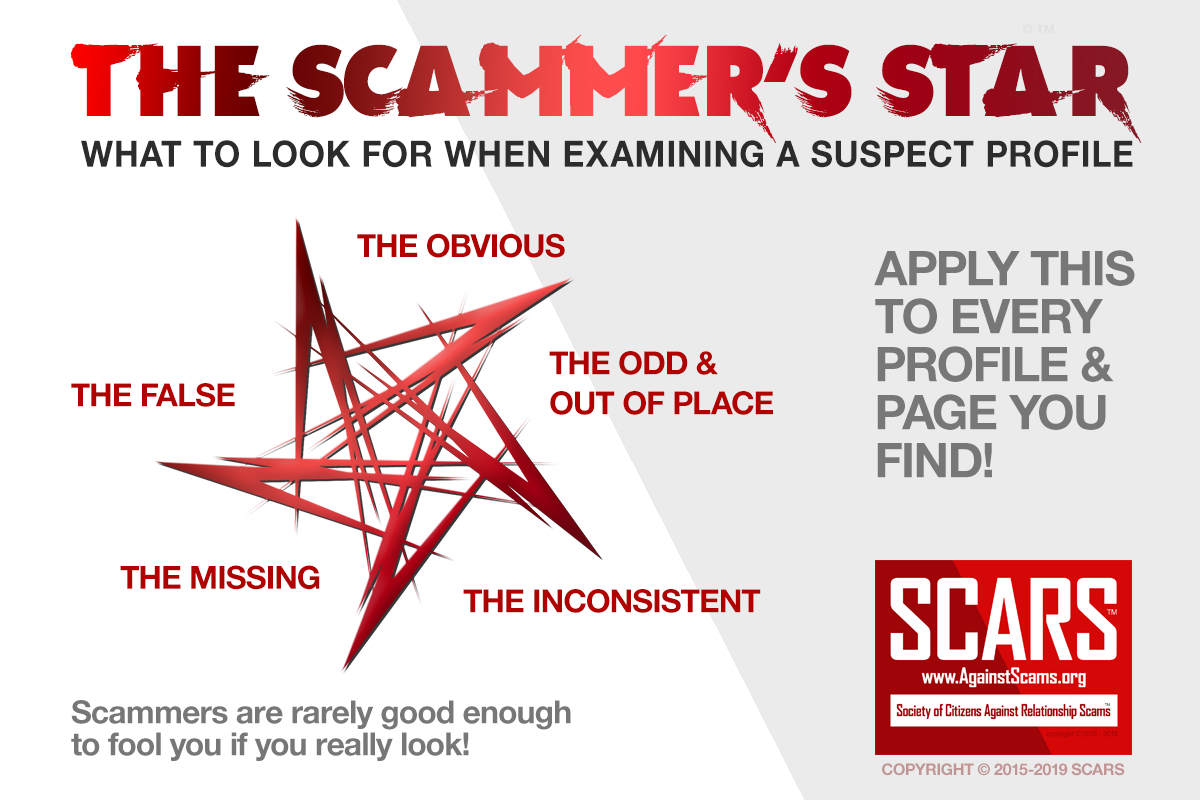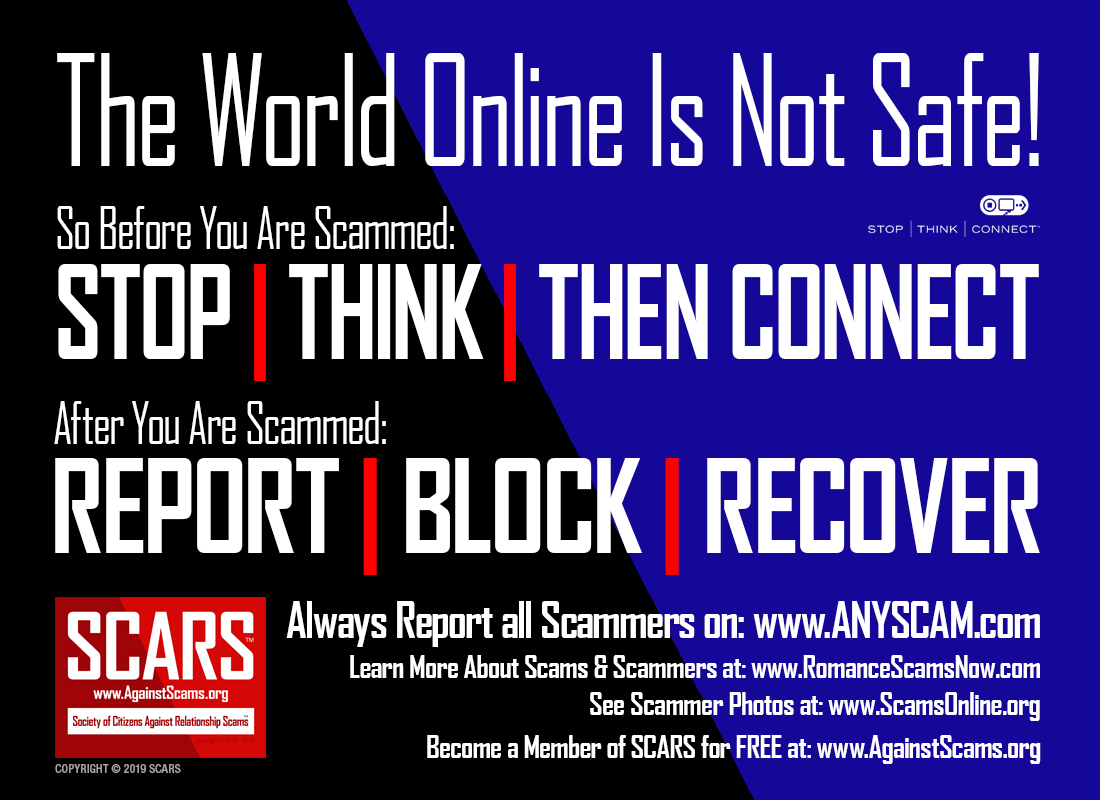SCARS™ Scam Alert: New Scam Targeting Teens And Young Adults
There Is A Rise In A New Scam Targeting Teens And Young Adults – Especially In The United States & Canada
This extremely damaging scam mainly works when a fraudster takes advantage of a victim’s naivety and commits fraud in the victim’s name.
Though anyone can be targeted, we are seeing reports that the most common age range of victims are late-teens to young adults. This is thought to be because these groups generally have less of an income stream and are more susceptible to being tricked into giving their information for financial crimes or fraud in exchange for monetary payments or other benefits. In short, they simply do not know any better.
Here Are The Basics Of This Scam:
- A victim is approached by a stranger (or strangers) who offers them a chance to make money.
- The victim is given explicit instructions to open a checking/savings account with a credit union or bank and to give the stranger (fraudster) full access to this account.
- The victim is then assured that nothing illegal is going on and/or that they will not be held responsible for anything the fraudster does with the account information.
- With the account information that was provided to them, the fraudster commits fraud and money laundering in the target’s name.
- Though the target may believe they are not liable for the crimes perpetrated by the fraudster, the reality is that they could be held responsible since they willingly allowed someone to use their account.
- This could lead to jail time and/or heavy fines.
Beyond the legal troubles this will bring, giving away your personal information to someone you don’t know can lead to a host of personal/financial troubles (such as identity theft, for example) which can affect your credit for years to come. Since the most frequent victims of this type of fraud are young people, imagine how someone’s entire life can be altered by an incident like this.
Additionally, if this person is underage then the parents can also be financially liable for any losses. AND if the account is used to defraud others then the parents could be liable to the other victims for their financial losses.
The Best Way To Prevent This Type Of Fraud?
Fraud Specialists say vigilance and knowledge are key.
First, parents MUST talk to teens and young adults about how common fraud and scams are. Do not accept that the teen thinks that they know everything about the internet because they actually know very little. It is important to point out that their actions can affect the parents financially and criminally too!
Protecting Yourself And Your Family Is The First Critical Step
It sounds ridiculous, but no one is trustworthy online, unless you know them and verify them.
No untrusted sources should ever have access to any of your vital financial or personal information such as social security numbers, financial account numbers, or passwords used to access email or online banking.
Be sure to secure this information carefully and understand that willingly giving it to a fraudster could act as permission for them to commit crimes in your name.
Keep an eye out for yourself and others who might be targeted by manipulative scammers.
The money offered can often lead someone to go against their gut and make choices that they normally would not.
Providing awareness and education about this type of fraud is another way to help prevent it. Teach children who to trust when it comes to financial information, and visit your credit union or bank branch to introduce them to those who they can trust with their financial information.
The best way to fight fraud is to report it. When you are the victim of fraud or scams report it to the local police, the national police (such as the FBI, RCMP, etc.), and always report it to SCARS www.Anyscam.com for distribution everywhere!
Scams and Bank Fraud can happen to anyone, and there is nothing to be ashamed of. Quick, decisive action can save you pain in the long run. If you believe you have been the victim of fraud contact your local law enforcement and then ALSO report it to your financial institution(s) immediately.
Remember These Rules
The SCARS’ Scammer’s Star – How To Identify Fakes & Scammers
TAGS: SCARS, Information About Scams, Anti-Scam, Scams, Scammers, Fraudsters, Cybercrime, Crybercriminals, Scam Victims, Financial Crime, Financial Scams, Bank Fraud, Money Laundering, Scammer Account Access
SCARS™ Team
Society of Citizens Against Relationship Scams Inc.
A Worldwide Crime Victims Assistance Nonprofit Organization
Visit: www.AgainstScams.org
Contact Us: Contact@AgainstScams.org
PLEASE SHARE OUR ARTICLES WITH YOUR FRIENDS & FAMILY
HELP OTHERS STAY SAFE ONLINE – YOUR KNOWLEDGE CAN MAKE THE DIFFERENCE!
The Latest SCARS Posts:
FIND MORE SCAM NEWS
«SCAMCRIME.COM»
JOIN US ON FACEBOOK
«CLICK HERE»
END
MORE INFORMATION
– – –
Tell us about your experiences with Romance Scammers in our
« Scams Discussion Forum on Facebook »
– – –
FAQ: How Do You Properly Report Scammers?
It is essential that law enforcement knows about scams & scammers, even though there is nothing (in most cases) that they can do.
Always report scams involving money lost or where you received money to:
- Local Police – ask them to take an “informational” police report – say you need it for your insurance
- U.S. State Police (if you live in the U.S.) – they will take the matter more seriously and provide you with more help than local police
- Your National Police or FBI « www.IC3.gov »
- The SCARS|CDN™ Cybercriminal Data Network – Worldwide Reporting Network on « www.Anyscam.com »
This helps your government understand the problem, and allows law enforcement to add scammers on watch lists worldwide.
– – –
To learn more about SCARS visit « www.AgainstScams.org »
Please be sure to report all scammers
on « www.Anyscam.com »
Disclaimer:
SCARS IS A DIGITAL PUBLISHER AND DOES NOT OFFER HEALTH OR MEDICAL ADVICE, LEGAL ADVICE, FINANCIAL ADVICE, OR SERVICES THAT SCARS IS NOT LICENSED OR REGISTERED TO PERFORM.
IF YOU’RE FACING A MEDICAL EMERGENCY, CALL YOUR LOCAL EMERGENCY SERVICES IMMEDIATELY, OR VISIT THE NEAREST EMERGENCY ROOM OR URGENT CARE CENTER. YOU SHOULD CONSULT YOUR HEALTHCARE PROVIDER BEFORE FOLLOWING ANY MEDICALLY RELATED INFORMATION PRESENTED ON OUR PAGES.
ALWAYS CONSULT A LICENSED ATTORNEY FOR ANY ADVICE REGARDING LEGAL MATTERS.
A LICENSED FINANCIAL OR TAX PROFESSIONAL SHOULD BE CONSULTED BEFORE ACTING ON ANY INFORMATION RELATING TO YOUR PERSONAL FINANCES OR TAX RELATED ISSUES AND INFORMATION.
This content and other material contained on the website, apps, newsletter, and products (“Content”), is general in nature and for informational purposes only and does not constitute medical, legal, or financial advice; the Content is not intended to be a substitute for licensed or regulated professional advice. Always consult your doctor or other qualified healthcare provider, lawyer, financial, or tax professional with any questions you may have regarding the educational information contained herein. SCARS makes no guarantees about the efficacy of information described on or in SCARS’ Content. The information contained is subject to change and is not intended to cover all possible situations or effects. SCARS does not recommend or endorse any specific professional or care provider, product, service, or other information that may be mentioned in SCARS’ websites, apps, and Content unless explicitly identified as such.
The disclaimers herein are provided on this page for ease of reference. These disclaimers supplement and are a part of SCARS’ website’s Terms of Use.
Legal Notices:
All original content is Copyright © 1991 – 2020 Society of Citizens Against Relationship Scams Inc. (D.B.A SCARS) All Rights Reserved Worldwide & Webwide. Third-party copyrights acknowledge.
SCARS, SCARS|INTERNATIONAL, SCARS, SCARS|SUPPORT, SCARS, RSN, Romance Scams Now, SCARS|INTERNATION, SCARS|WORLDWIDE, SCARS|GLOBAL, SCARS, Society of Citizens Against Relationship Scams, Society of Citizens Against Romance Scams, SCARS|ANYSCAM, Project Anyscam, Anyscam, SCARS|GOFCH, GOFCH, SCARS|CHINA, SCARS|CDN, SCARS|UK, SCARS|LATINOAMERICA, SCARS|MEMBER, SCARS|VOLUNTEER, SCARS Cybercriminal Data Network, Cobalt Alert, Scam Victims Support Group, are all trademarks of Society of Citizens Against Relationship Scams Inc., All Rights Reserved Worldwide
Contact the law firm for the Society of Citizens Against Relationship Scams Incorporated by email at legal@AgainstScams.org













Leave A Comment